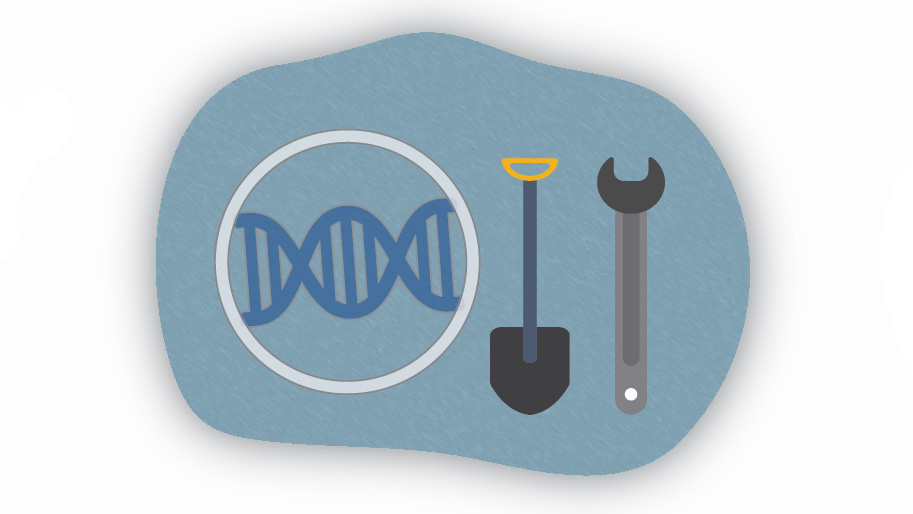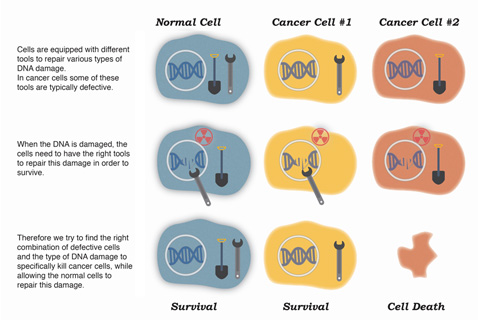Hacking DNA Repair to Combat Cancer
 © BioMedX
© BioMedX
Dr. Balca Mardin and her team of eight junior researchers at BioMedX in Heidelberg are investigating how drugs can target specific DNA repair pathways to prevent cancer.
Human cells grow and divide to form new cells as the body needs them. Typically, when cells grow old or become damaged, they die, and new cells take their place. Cancer develops when this orderly process breaks down. Due to the activation of oncogenes and the inactivation of tumor suppressors, cells which are supposed to die survive and start to overproliferate, leading to tumorigenesis. Most recent advances in determining the sequence of nucleic acids in DNA have been able to characterize what processes alter DNA during cancer development.

Balca R. Mardin, who started her career as a scientist at Istanbul Technical University, leads the research team at BioMed X in Heidelberg on DNA Damage in Cancer (DDC). Her group focuses on DNA repair pathways and the paradox which arises from these – while defects in DNA repair pathways can predispose cells to accumulate DNA damage, several cancer treatments target just these DNA repair pathways. Dr. Mardin and her team of eight junior researchers are taking advantage of this paradox and are looking for ways to extend the list of drugs which target specific DNA repair pathways. In order to find out lethality patterns of DNA repair, the scientists draw on cancer genomics, genetic screenings and pre-clinical studies. Dr. Mardin and the DDC team aim to understand what makes certain tumors sensitive or resistant to various treatments and how defects in DNA repair machinery can be used to target tumors selectively and individually.

The BioMed X Innovation Center is located on Heidelberg’s Life Science Campus and is a collaboration model between academia and industry. In four different biomedical and pharmaceutical fields, early-career scientists work together in interdisciplinary research teams under the guidance of experienced mentors. Each team receives full sponsorship by a corporate pharmaceutical or biotech partner. This way, the young researchers can expand their scientific network, while also receiving training in leadership and entrepreneurship. In the case of Dr. Mardin’s DNA Damage in Cancer team, the German pharmaceutical company, Merck, will, if Dr. Mardin’s project is successful, internalize the findings of the research team into the company’s research pipeline.
